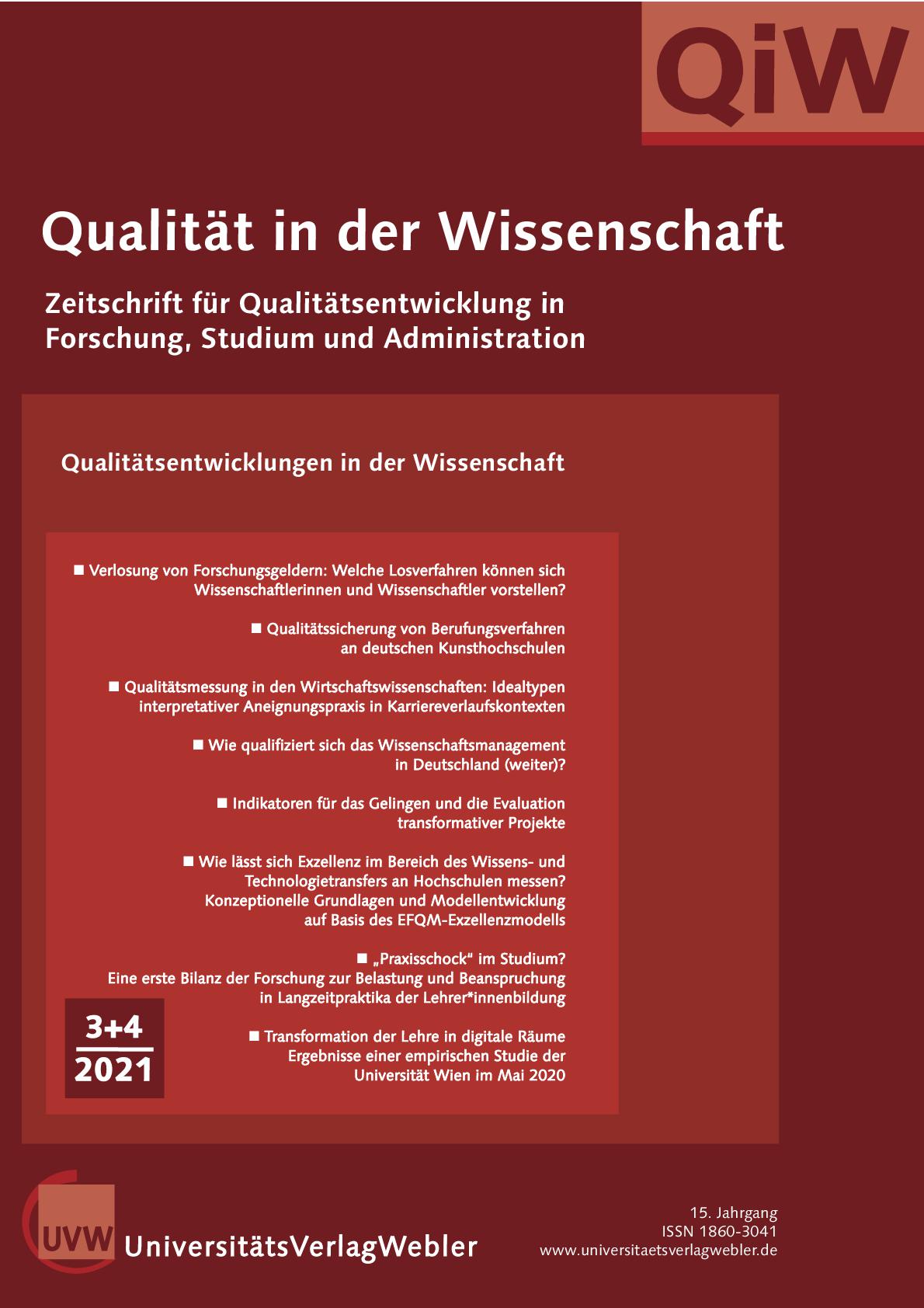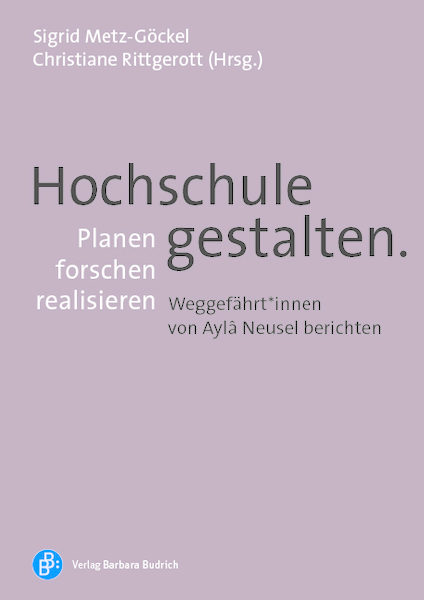Acting as a reviewer is considered a substantial part of the role-bundle of the academic profession (quality assurance (QA) and quality enhancement (QE) role). Research literature about peer review, for example, for journals and grants, shows that acting as a peer reviewer adds to an academic’s reputation. However, little is known about academics’ motivation to act as reviewers. Based on self-determination theory, the multidimensional work motivation scale (Gagné et al. 2015) is used for a survey of German professors acting as reviewers. The results of factor analysis show no intrinsic motivation to act as a reviewer in accreditation and evaluation procedures. Presumably, due to socialization effects, identified motivation among professors is higher compared to introjected motivation or to extrinsic motivation. A preference for HEI leadership/management predicts identified motivation to act as a reviewer, but a preference for teaching does not. Overall, the results suggest that professors acting as peer reviewers in accreditation and evaluation procedures accept the ambivalence of being self-determined in exercising the QA and QE professional role and of involuntarily being a management tool for higher education governance. The findings suggest that peer reviewing – also of research – is based on identified (and introjected) and not intrinsic motivation, for example, socialized acceptance of journal peer review as the best or most suitable mechanism of QA and QE.
Ohly, Sandra; Schneijderberg, Christian (2021): German Professors’ Motivation to Act as Peer Reviewers in Accreditation and Evaluation Procedures. In: Minerva 59 (2), S. 217–236.
Ähnliche Projekte
Quantitative Hochschulforschung – Impulse für das Hochschulmanagement? Gespräch mit Stefan Hornbostel.
Hornbostel, S., Hoelscher, M. & Marquardt, E. (2021). Quantitative Hochschulforschung – Impulse für das Hochschulmanagement? Gespräch mit Stefan Hornbostel. Hochschulmanagement(1), 29–33. Hoelscher, Michael, (2021): A question of integrity’: Academic values torn between organizational affiliation, national competitiveness and the global academic community. In: H. van't Land, A. Corcoran & D. Iancu (Hg.): The Promise of Higher Education. Essays in Honour of 70 Years of IAU. Palgrave, McMillan/Springer Nature (OPEN ACCESS). (https://link.springer.com/content/pdf/10.1007%2F978-3-030-67245-4_22.pdf)
Degrees of Success: The Transitions from Vocational to Higher Education. Emerald Publishing Limited
Hayward, G., Katartzi, E., Ertl, H. & Hoelscher, M. (2021). Degrees of Success: The Transitions from Vocational to Higher Education. Emerald Publishing Limited. Arend, H. & Hoelscher, M. (Hrsg.). (2021). Hochschule und Stadt. Wissensallianzen in Rheinland-Pfalz. Zukunftsinitiative Rheinland-Pfalz (ZIRP) e.V. https://www.zirp.de/inhalt/hochschule-und-stadt-wissensallianzen-in-rheinland-pfalz-1
Themenschwerpunktheft «Qualitätsentwicklungen in der Wissenschaft» (QiW 3+4/2021) zur gleichnamigen BMBF-Förderlinie
Krempkow, R., Jütte, W. & Pohlenz, P. (Hrsg.) (2021): Qualitätsentwicklungen in der Wissenschaft. Qualität in der Wissenschaft (QiW) 3+4/2021, URL: https://www.universitaetsverlagwebler.de/qiw
Hochschule gestalten. Planen – forschen – realisieren. Weggefährt*innen von Aylâ Neusel berichten
Metz-Göckel, Sigrid & Rittgerott, Christiane (2021): Hochschule gestalten. Planen – forschen – realisieren. Weggefährt*innen von Aylâ Neusel berichten, B. Budrich Verlag. ISBN: 978-3-8474-2532-8

